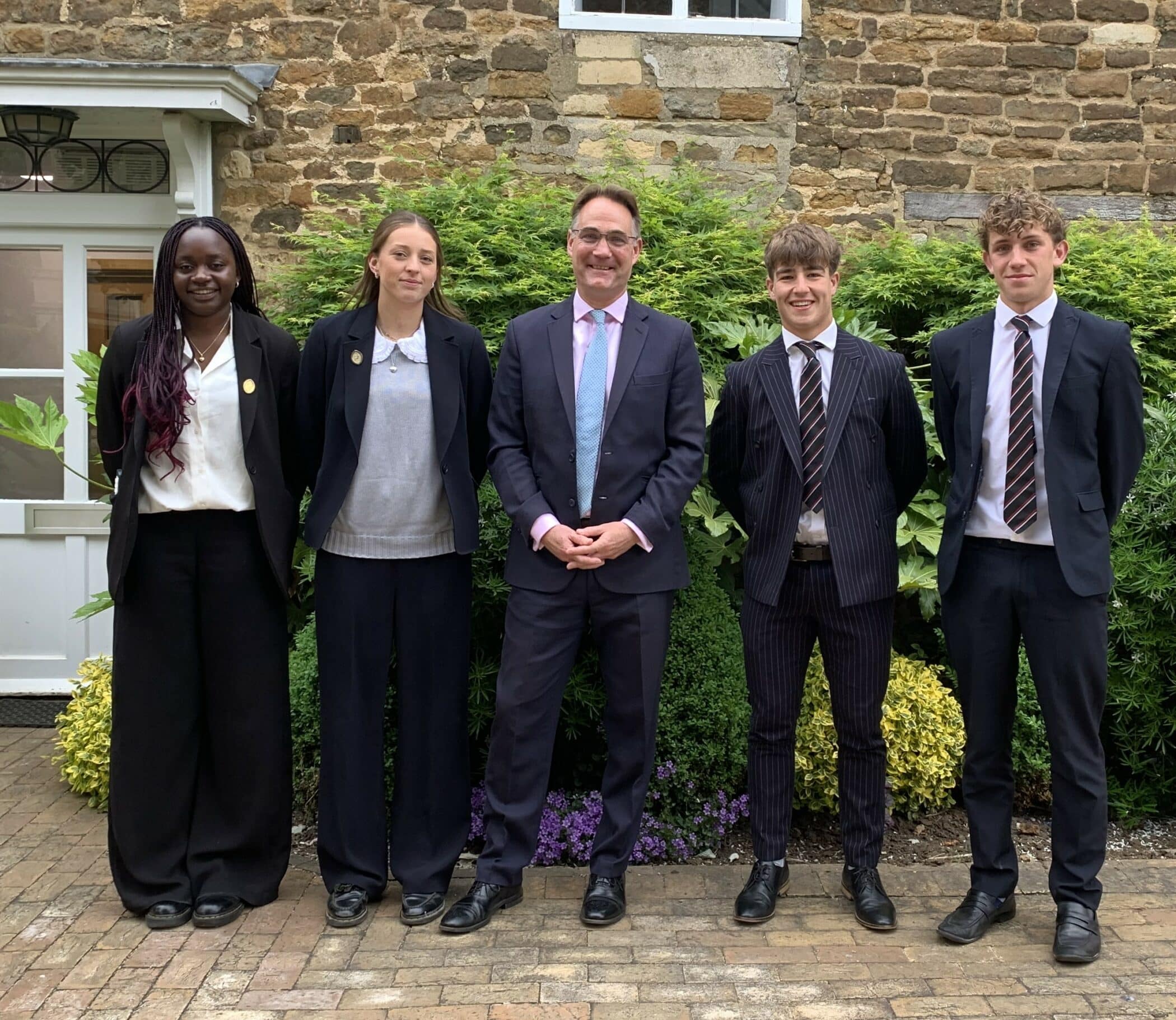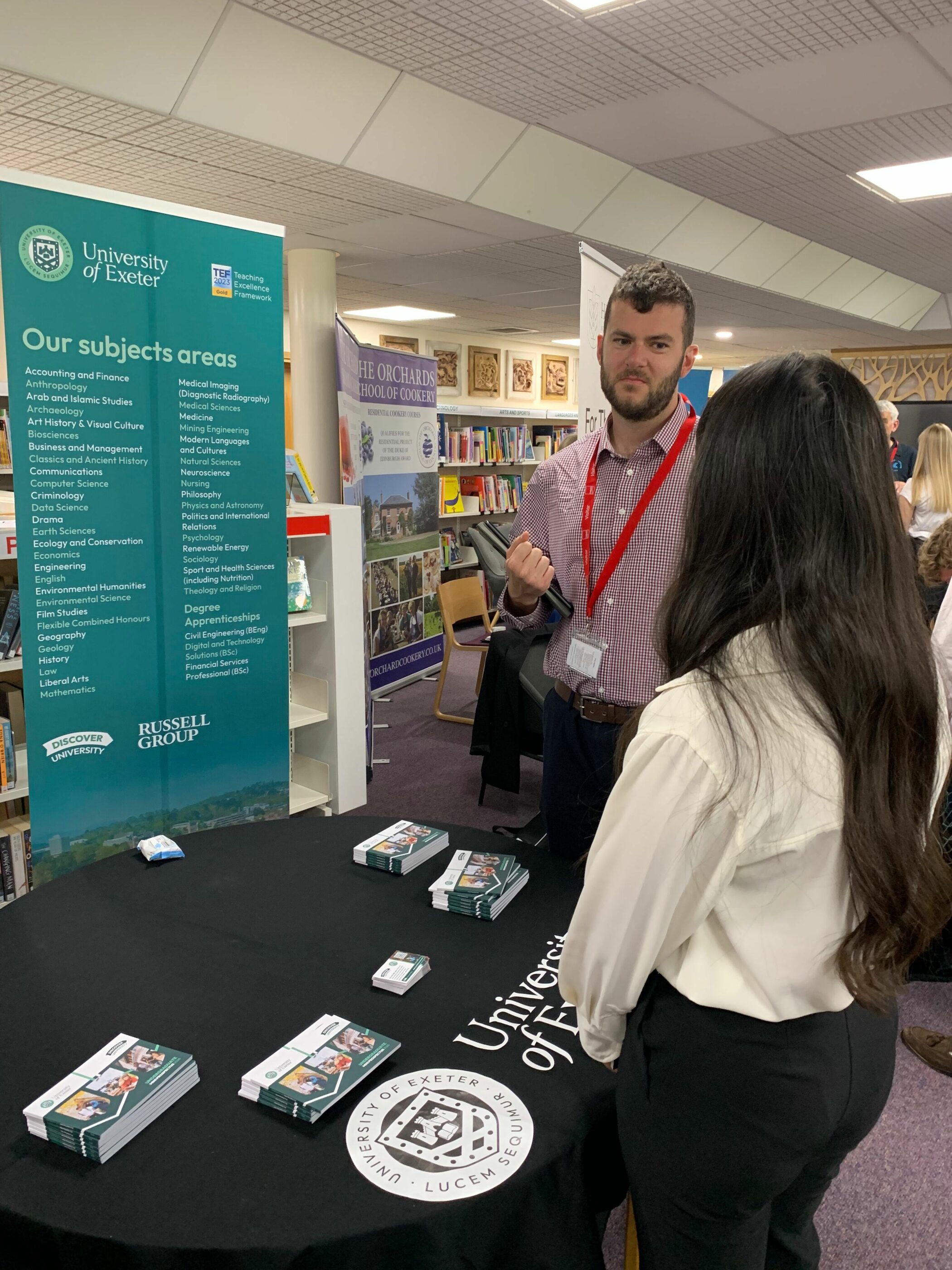In the lead up to Friday’s Tes Awards evening, where FOSIL and the FOSIL Group have been shortlisted for the ‘Strategic Education Award Initiative’, Joseph Sanders, teacher of Politics, gives an insight into how FOSIL has been used to help Oakahamians craft their political essays to satisfy the success criteria of the exam board.
When something is so integral to the way one teaches every lesson of every day, it is a real pleasure, but also a significant challenge, to pause, step back, and distil what makes this magic ‘something’ so special to me and my learners. FOSIL has become such a key part of my teaching life that singing its praises in their entirety would require a symphony orchestra. Instead an explanation of how I discovered FOSIL and the main ways in which I incorporate it into my teaching and learning might be more digestible. As a Lead Practitioner, I am fortunate to be in a position where I can spread the word about FOSIL across the School and into the wider teaching and learning community through The FOSIL Group. But just four years ago I had no idea what it was.
My own inquiry into FOSIL began, like most pedagogical improvements, with a diagnosis of where I felt I was letting my students down. I knew that pupils learn best when they do for themselves. But I also knew that we cannot unleash the full potential of our learners without providing them with the scaffolds for success. The area I was most concerned with was that I needed to help my students access skills such as analysis and evaluation but was unable to find a framework to achieve this.
Therefore in some ways, this route towards FOSIL was a little different from others. Many teachers have discovered FOSIL because they wanted to embark upon an inquiry project and could apply the superb resources and accessible framework of FOSIL to the approach they desired for their pupils. However, I realised, with the help and expertise of the incredible library staff at Oakham, that FOSIL could permeate every aspect of learning.
Though I have crafted inquiries into topics such as Pressure Groups, Devolution and Human Rights, my aim was to design a resource that students could use to plan and structure the long essays associated with the study of Politics at A-level (as well as numerous similar subjects). My pupils seemed unable at times to access the correct ‘formula’ required to craft an essay that satisfied the success criteria of the course. Some forgot to apply and analyse contemporary evidence, some did not move their arguments onto vital evaluative statements, and yet more lost track of their wider debating points altogether. What I needed was something that got to the heart of the thought process in planning an essay, provided a clear guide to structuring it, and also challenged my pupils to move onto the higher order thinking skills that many struggle with post-GCSE.
Within a double sided A3 ‘wrap’ sheet, we therefore provided students with the space to access every stage of FOSIL associated with the planning, execution and feedback of exam-style essays. Pupils are first guided through Connect, Wonder and Investigate, where the thorough information- and question-gathering takes place prior to planning and writing the essay itself; Which synoptic and sub-questions should I ask? Which resources do I require? Which key concepts will I need to apply? The centre fold of the wrap is the section the students appreciate the most; the Construct structure that enables them to marshal their thoughts. My aim was for this to cater to the students who struggle with basic essay technique, while also benefitting those seeking to reach mastery level by reminding them to consider the different skills and assessment objectives that make an A* answer. After the students Express their essay, the final page of the wrap asks them to Reflect on their approach towards each stage of the FOSIL cycle and engage with the course assessment objectives, working with the teacher to generate formative ‘feed-forward’ for next time.
The core principles of inquiry-based learning remain central to these resources. Better still, I can transfer the bank of materials we have built up across every topic I teach. Each stage can be applied to every lesson and every unit of work, not just in essay wraps, but in noting sheets, reflection on simulations and research tasks. The fact that teachers now use FOSIL resources so routinely also embeds the thinking and learning skills we are trying to nurture and breeds a common language across the board. Pupils know that, when they see the green and orange of Connect and Wonder, they will need to draw on what they already know and identify questions that can move their thinking along. Just as they know that the purple Reflect stage demands honest, detailed and formative consideration of how they can master a topic next time. Sharing these co-created resources within the FOSIL Group and across such an array of subject areas as drama, chemistry and history is testament to their pertinence and adaptability.
This resource and many others are freely available via The Fosil Group website.





